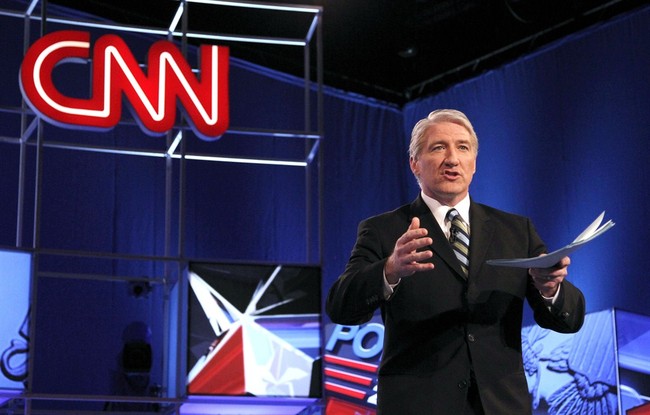
CNN’s political correspondent John King reported that none of the Trump voters he surveyed expressed any intention of abandoning their support for Donald Trump in light of ongoing discussions surrounding Jeffrey Epstein. His comments came during a live broadcast, where he emphasized that economic concerns remain a priority for these voters.
King stated, “I just reached out to a whole bunch of our Trump voters… None of them said they’re turning on the president. And they all say costs, the economy, are way more important to them.” His remarks challenge narratives suggesting that the Epstein controversy could significantly impact Trump’s base, particularly as the news media continues to spotlight Epstein’s connections to various high-profile individuals.
The discussion around Epstein has gained traction, particularly among some media outlets and political opponents. They appear to be attempting to leverage the situation to create a rift between Trump and his supporters. However, King’s findings suggest that these efforts may not have the intended effect. Many voters, as he reported, prioritize issues like the economy over allegations related to Epstein.
Public sentiment among Trump’s supporters reflects a broader trend of skepticism towards mainstream media narratives. Some voters have expressed frustration, indicating that they feel targeted by a media environment that frequently questions Trump’s integrity. In online forums, they argue that criticism of Trump does not equate to a loss of support, asserting that they can hold him accountable without abandoning their allegiance.
As the conversation continues, it remains crucial to discern the impact of such narratives on Trump’s political standing. Analysts and political commentators are watching closely to see whether these developments will influence voter behavior moving forward.
King’s comments bring attention to the resilience of Trump’s support base, which appears largely unaffected by the Epstein revelations. This situation raises questions about the effectiveness of media strategies aimed at undermining Trump’s appeal among his core voters, especially in an election cycle where economic issues are at the forefront of public concern.
In the context of electoral politics, understanding the motivations of voters is essential. As King highlights, many Trump supporters are focused on tangible issues like job security and inflation rather than sensational allegations. The disconnect between media narratives and voter priorities may further complicate efforts by opponents to sway public opinion against the former president.
The discussion surrounding Trump and Epstein is likely to evolve as new information emerges. For now, King’s insights provide a snapshot of the current political landscape, illustrating that the former president maintains a solid backing among his supporters despite ongoing controversies.
As the political landscape shifts, it will be important to monitor how these dynamics play out in the lead-up to the next election, particularly as both parties navigate the complexities of voter sentiment and media influence.






